The pandemic has forced food and beverage companies to think outside the box to weather the storm of uncertainty and stay afloat. But some are taking it too far, using the pandemic to ingratiate themselves with the public and government, a new report from the NCD (non-communicable disease) Alliance and SPECTRUM Consortium found.
The report concluded that unhealthy commodity companies around the world, including alcohol, tobacco and junk foods, are leveraging the COVID-19 pandemic for commercial gain in ways that could fuel future disease epidemics.
Related: Study: COVID-19 Has Changed How Parents Look at Food
From junk food and soda donations to healthcare workers and children’s homes, to Dos Equis beer company marketing a six-foot “social distancing cooler,” the report argues that corporate capture of COVID-19 is putting lives at risk. These were just some examples collected by the NCD Alliance, among countless corporate donations to government relief efforts.
“There is an irony that companies whose products increase the risk of non-communicable diseases, putting people at higher risk of suffering through the pandemic, have positioned themselves as heroes and partners in the response but have interfered in public policies that seek to protect population health,” said Lucy Westerman, the NCD Alliance’s policy and campaigns manager.
A considerable body of evidence links the regular consumption of sugary drinks and ultra-processed with non-communicable diseases (NCDs) such as obesity, hypertension, diabetes and cardiovascular problems. People living with these NCDs are at much greater risk of severe illness, and possibly death, if they contract COVID-19.
In the crowdsourced project, the NCD Alliance and SPECTRUM Consortium analyzed companies’ activity over ten weeks, from early May to mid-July this year. They amassed 786 submissions from 94 countries, in which the most frequently cited countries were the UK and the US (119 submissions each), followed by Australia, India, Mexico, Brazil, and Jamaica.
One hundred examples of activities by companies including Coca-Cola, Pepsico, Nestlé, McDonald’s, McCain, Burger King, KFC and Heineken were examined in the preliminary analysis, though researchers said that many smaller, lesser known companies were acting similarly.
The analysis found that companies adopted four broad approaches to improving sales during the pandemic:
- Tailored marketing campaigns and stunts designed for the pandemic
- Corporate social responsibility and philanthropy programs
- Pursuit of partnerships and collaborations, such as with governments, international agencies, and non-governmental organizations
- Attempts to shape favorable policy environments
A common tactic was for food and beverage companies to link products with the efforts of frontline workers by changing their labels to say “thank you to health heroes.” Some companies exploited the focus on social distancing with product promotions, using face masks as advertising space and inserting brand images into online video communication platforms.
The report emphasized a clear need to develop mechanisms to support civil society organizations in managing their interactions with commercial sector actors.

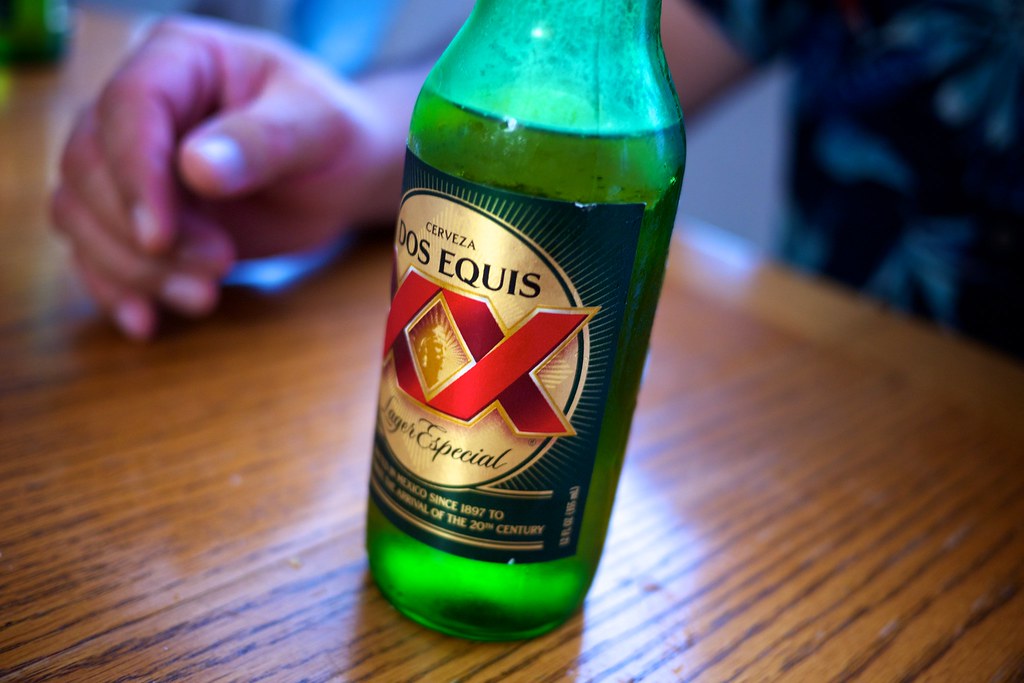
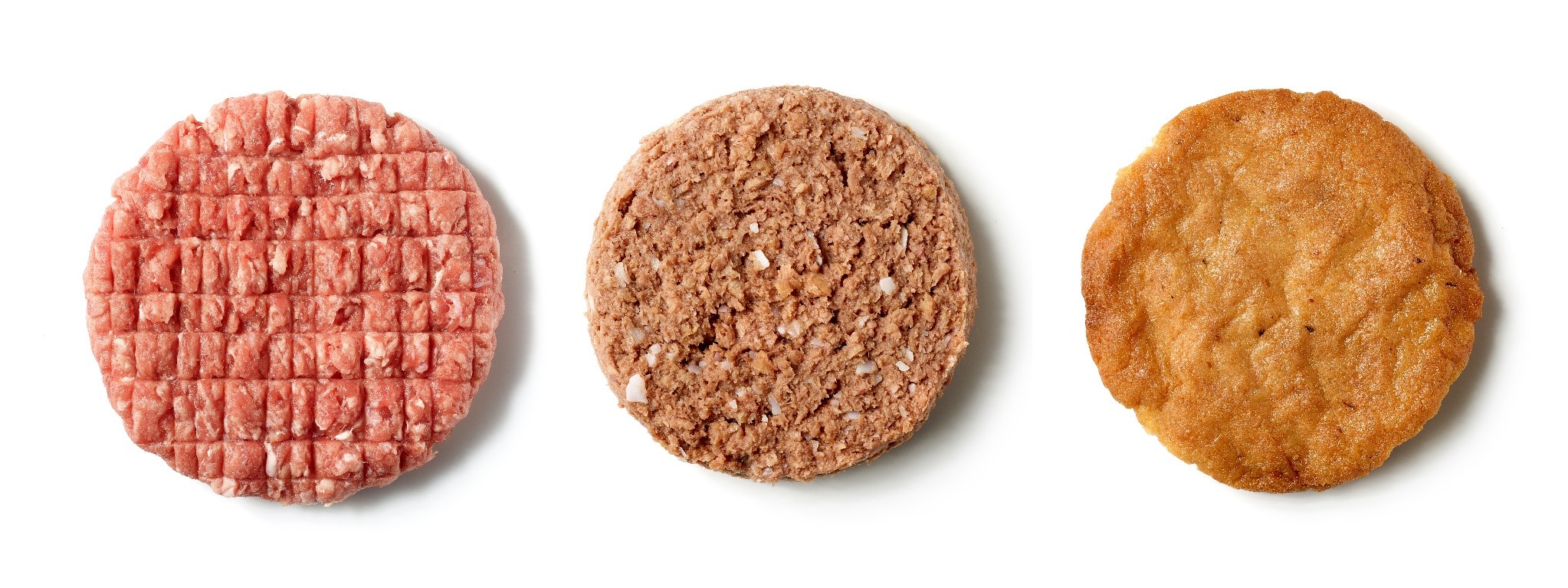
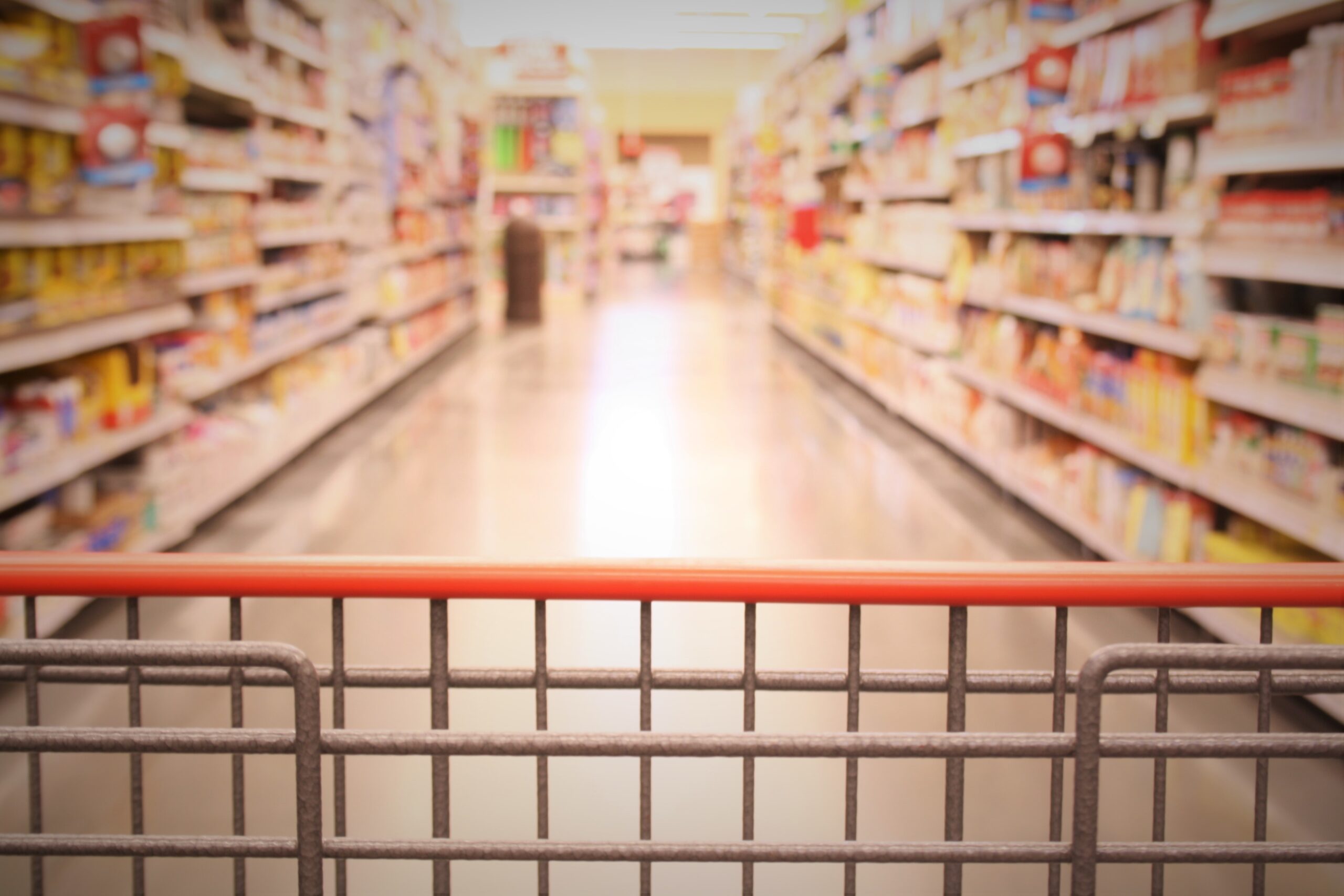
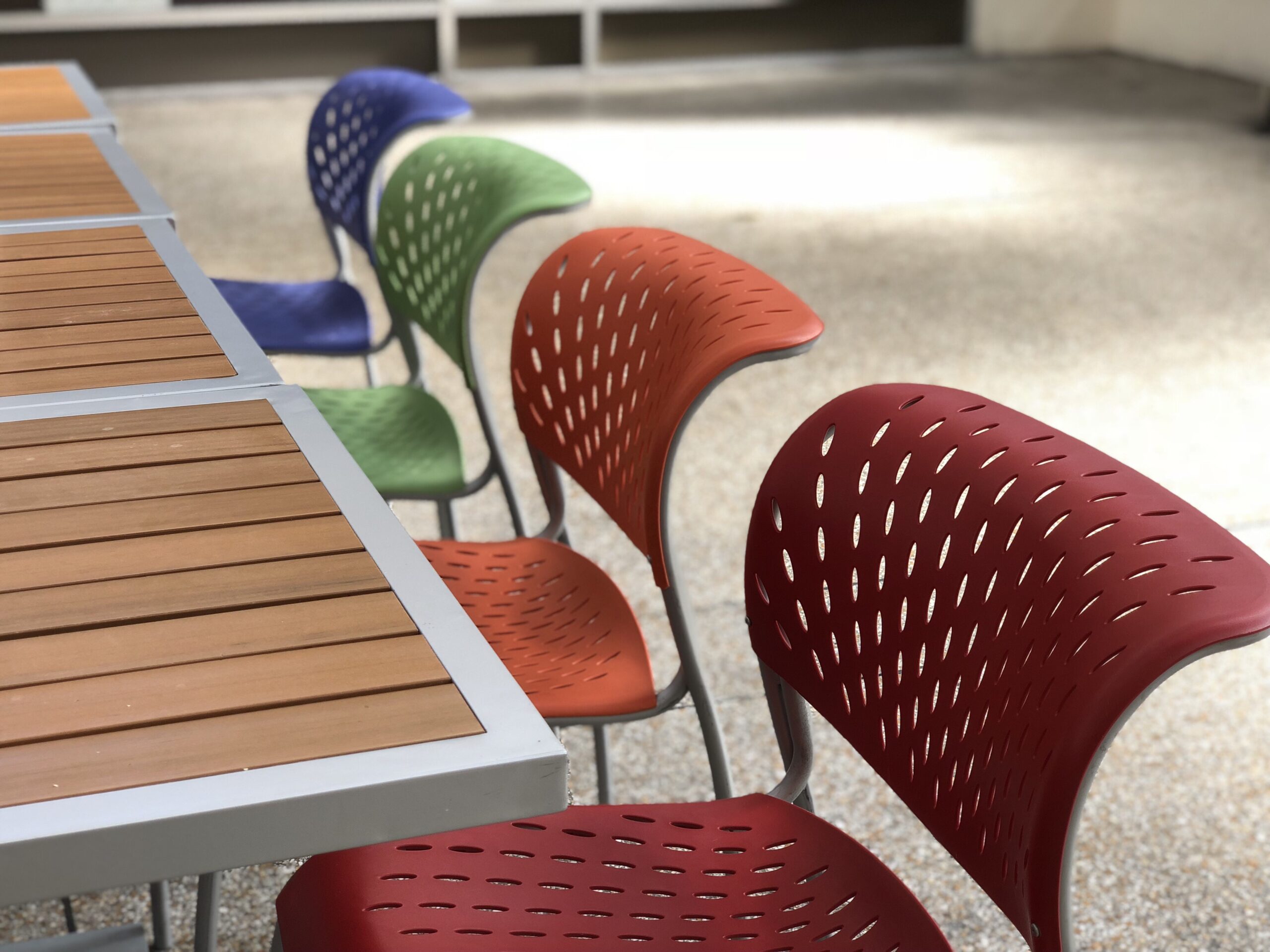
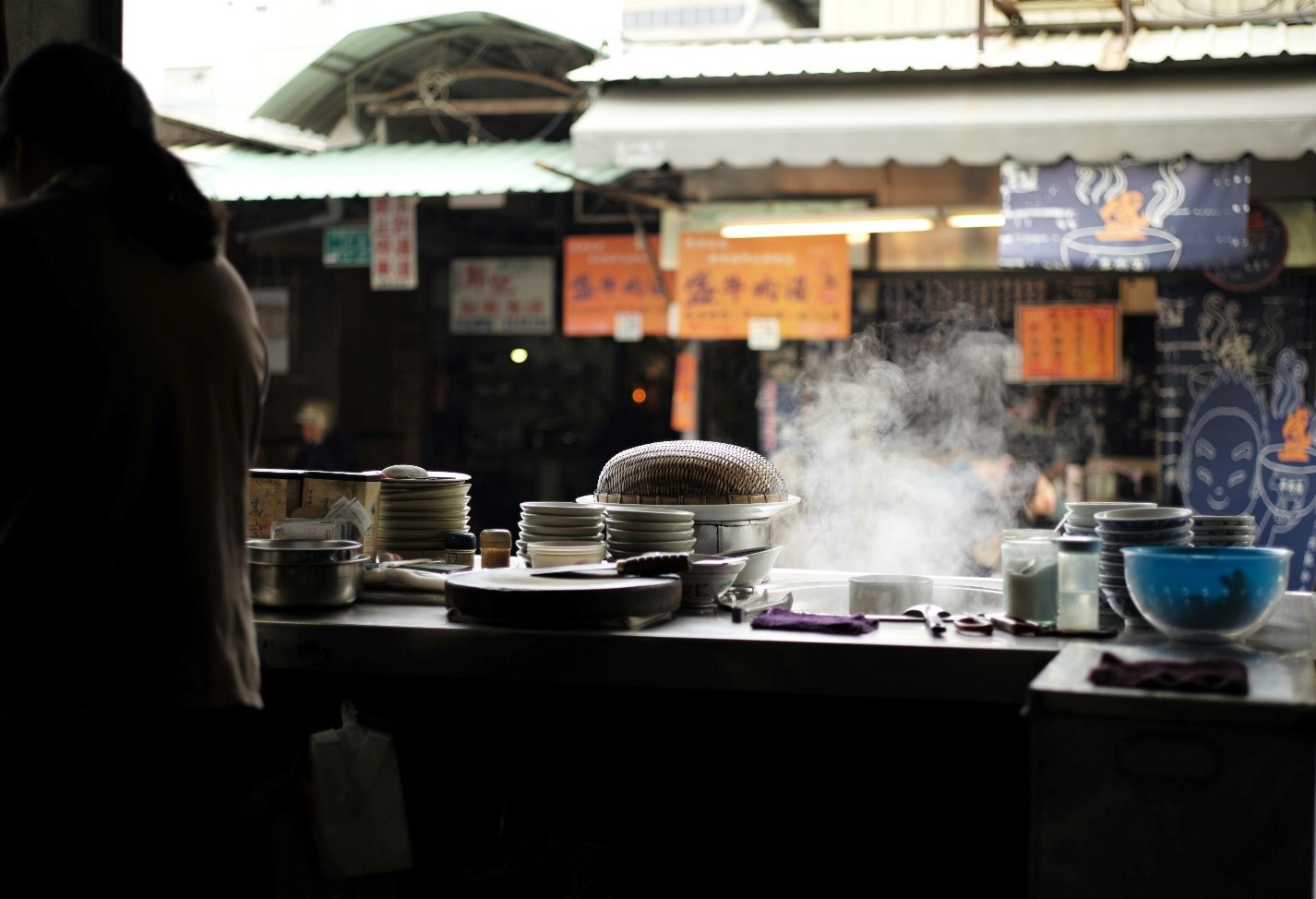




Join or login to leave a comment
JOIN LOGIN